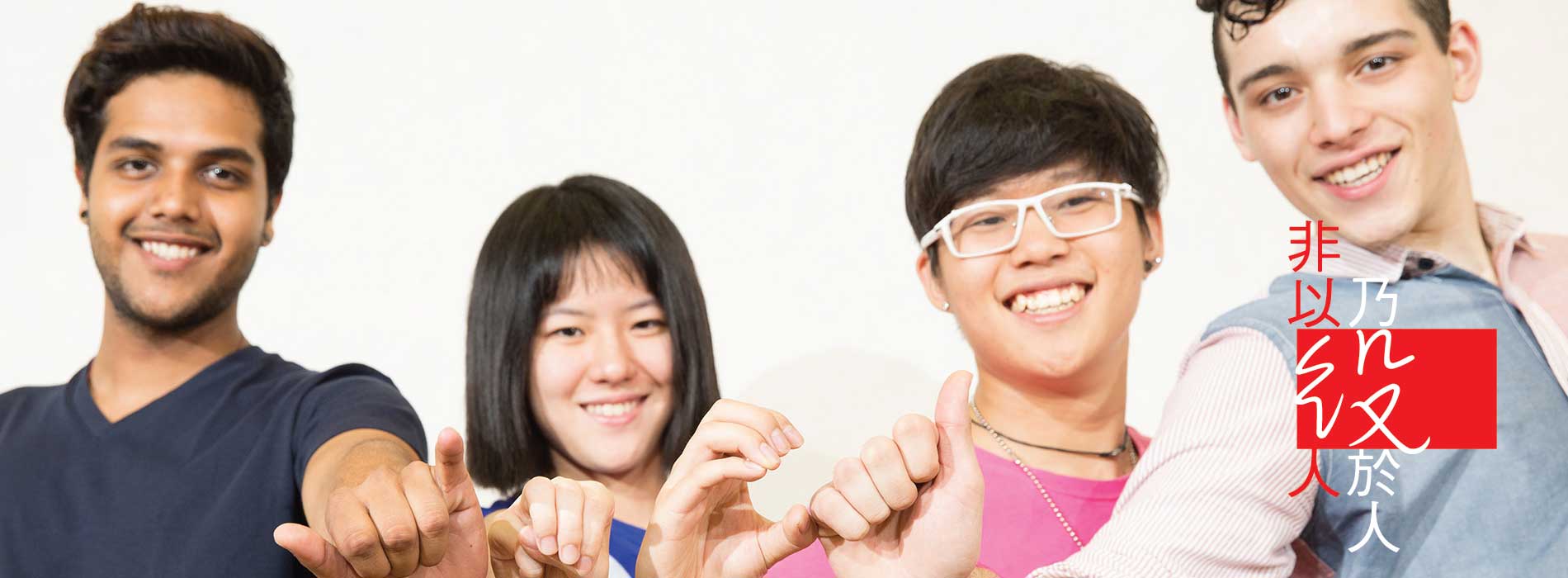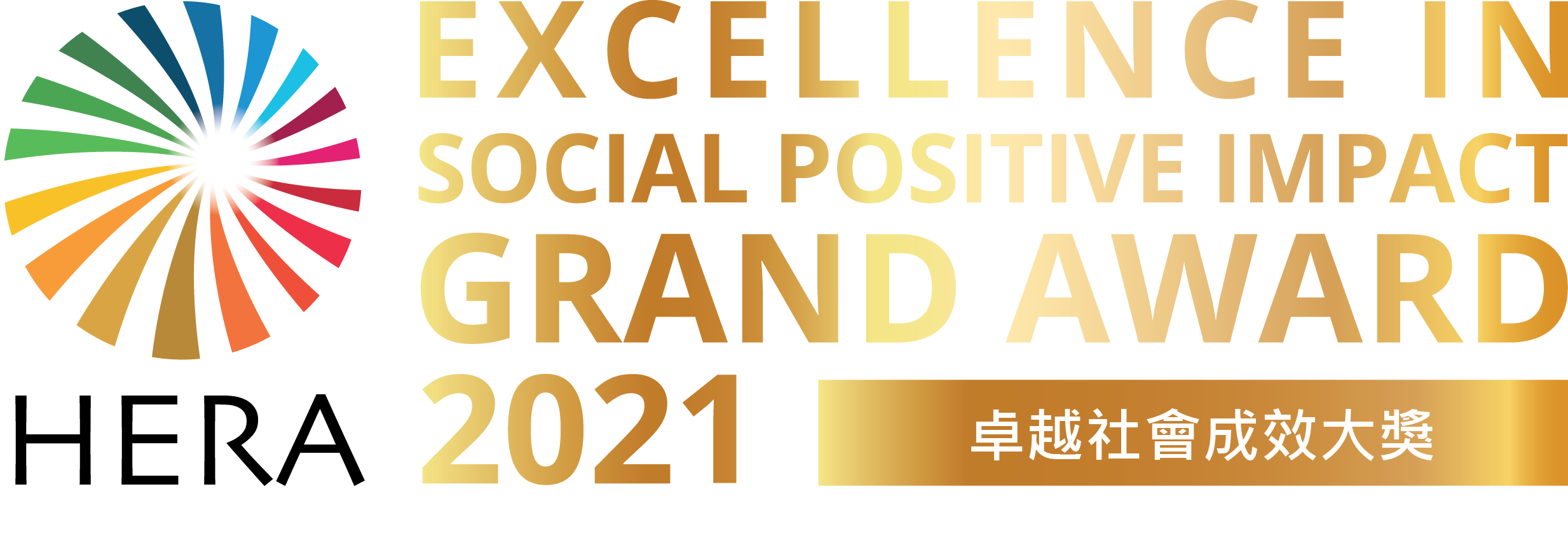
STEP Programme Results Announced
Hong Kong has been promoting the concept of “inclusive education” for years. Inclusive education aims to help students with special education needs (SEN) study in mainstream schools. However, both schools and society at large have inadequate resources and facilities to achieve this goal, creating pressure on the parents and teachers of these children. To help children with SEN integrate more fully into society, in 2014 Chinese YMCA of Hong Kong (the Association) launched “STEP Exercise Therapy Programme” (the STEP programme). At its heart, the programme involved game play which incorporates physical training. The training is specifically designed to enhance the attention, balancing, coordination and interpersonal skills of students with special education needs. The Association also runs regular seminars to help parents and teachers gain a better understanding of SEN students’ particular needs.
To examine the overall effectiveness of the STEP programme, a total of 111 students in P.1 to P.3 suffering from autism spectrum disorder (ASD), and attention-deficit/ hyperactivity disorder (ADHD) were invited to receive training. Of the total, 45 students were placed in the experimental group.
After three months of training, the students performed different tests and were evaluated. These tests included single leg balancing , symbol pairing, shuttle run and numbering test. The tests assessed the students’ balance, coordination, selective attention and sustained attention. The results indicated significant post-treatment improvements in selective attention (increased by 20.5%), sustained attention (increased by 41.4%) and sensitivity (increased by 7.54%) respectively. Especially in the numbering test which reflected sustained attention, the improvement of the students in the experimental group was higher than students in the control group for over 25 per cent.
In addition to the improvements mentioned above, the parents of students with SEN also observed that the programme had a positive impact on promoting their children's interest in sports – several parents noticed that the children were more willing to listen to instructions and that their overall self-confidence had been enhanced. After the experimental treatment, the children became more accepting and understanding of others, and their interpersonal skills also showed improvement.
Pak Yin is a seven year-old boy with ASD. His mother, Ka Yan, recollects how he used to bang his head on a wall or run away during his temper tantrums. After three months of participating in the STEP programme, Ka Yan noted that her son’s capabilities in listening to instructions had improved, as well as his general level of patience. Pak Yin is now more accepting of rule changes when playing with other kids, he has better negotiation skills and accepts others, even when they jump queues.
Ka Yan points out that the government and society in general offer very limited resources to children with SEN. She also observes that no timely preschool training is given to SEN students; meaning that the only option for many parents of SEN children is to send them to private institutions to attend “interpersonal social skills training courses” at their own expense. At the same time, these private institutions tend to separate children with emotional issues to avoid disputes. Ka Yan believes that children with SEN need to experience some degree of conflict with other people in order to learn from the experience. She concluded her remarks by expressing hope that the Hong Kong government will increase its investment in programmes for SEN children.
Darren Ng, Service Development Officer at Chinese YMCA of Hong Kong, explains that the majority of parents with SEN children think that they can improve their children’s physical coordination simply by enrolling them in a sports course. However, in his experience, many SEN children would also have developmental problems and are thus difficult to participate in sports. Dr Tamis Pin, Assistant Professor at the Department of Rehabilitation Sciences at Hong Kong Polytechnic University says that, in addition to difficulties with interpersonal social skills and reading and attention capabilities, children with SEN also have problems with muscle strength, sensory integration, balance and movement; all of these issues affect their social skills and their self- confidence. For example, poor hand-eye coordination and a lack of muscle strength affects their performance in sport games such as football and handball – sports which are reliant on decent hand-eye coordination and balance. Without specific training, children with SEN may appear stiff or clumsy when playing these sports – this not only damages their self-esteem and reduces their interest in playing a particular sport, but also affects their general desire to socialize and play sports.
In light of all these expert observations, the STEP programme ensures that children with SEN are thoroughly evaluated by physiotherapists or occupational therapists prior to taking part in a customized training programme. Though group-based games which incorporate physical training, both the muscle strength and the coordination of students can be improved. By motivating them in sports, their attention, balance, interpersonal relationships and emotional management can also be enhanced; promoting holistic and healthy development.
The programme also involves lectures for parents and teacher workshops, instructing them on how sport therapy goals can be met by using small movements in the home environment. The programme also features talks conducted by physiotherapists and occupational therapists which explain the concepts and implementation of sport therapy. A clinical psychologist also introduces effective instructing and parenting skills.
The STEP programme was granted a subsidy of HK$500,000 by the Health Care and Promotion Fund Committee. The funds was used to provide sport therapy for 111 students in P.1 to P.3 during the 2015/2016 academic year, allowing us to offer more appropriate and timely assistance to children with SEN. For further details on the STEP programme, please contact Darren Ng at 2783 3481.
Photos will be uploaded at 6 pm, you are welcome to download them for publication.
Please click this link to access the photos http://bit.ly/1S87DvA












